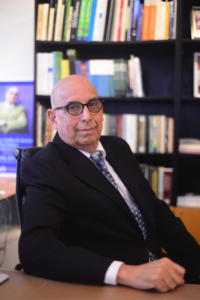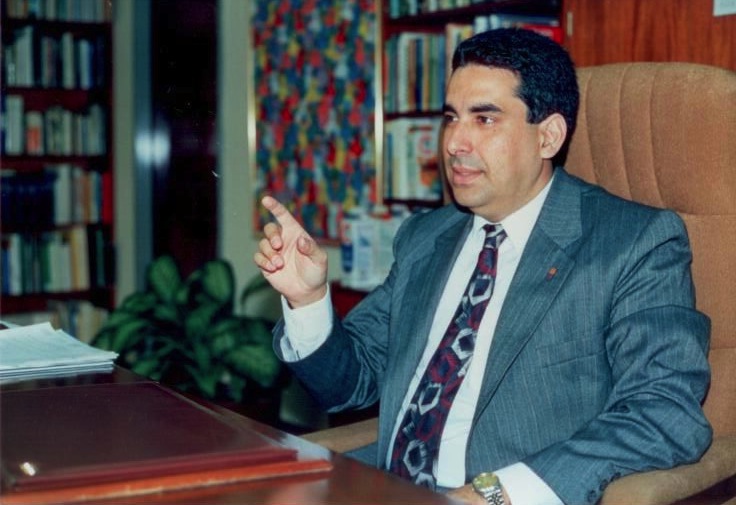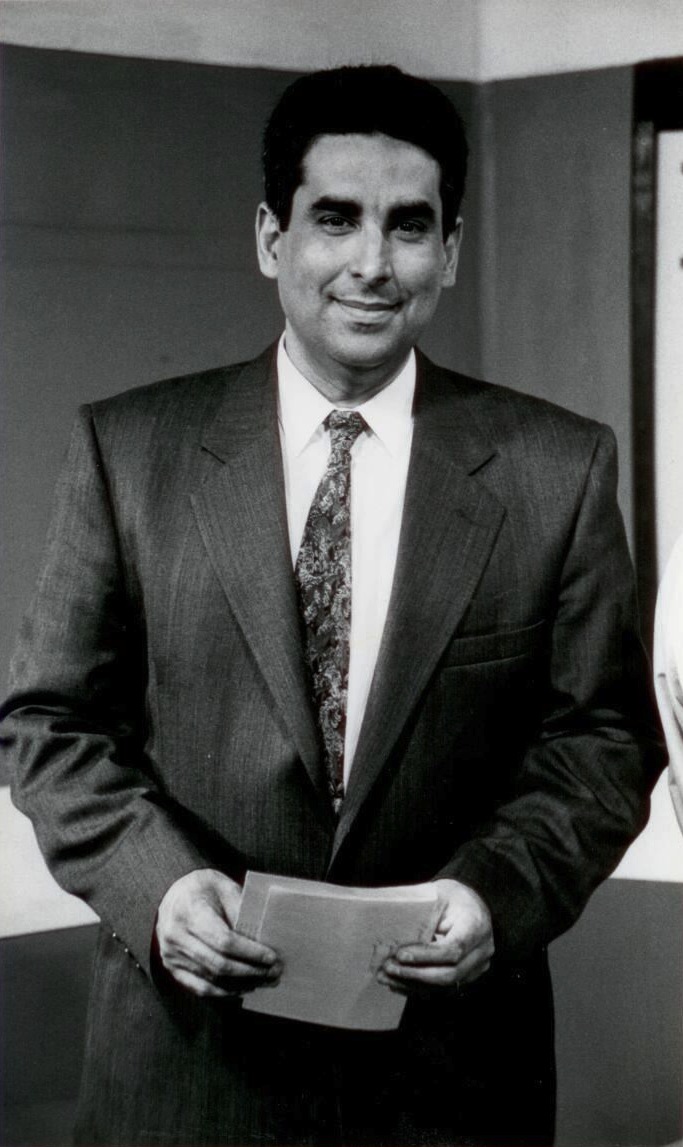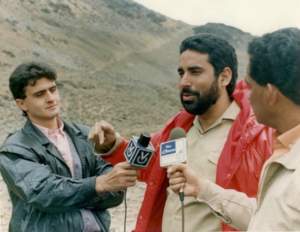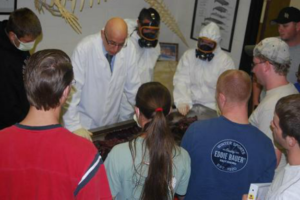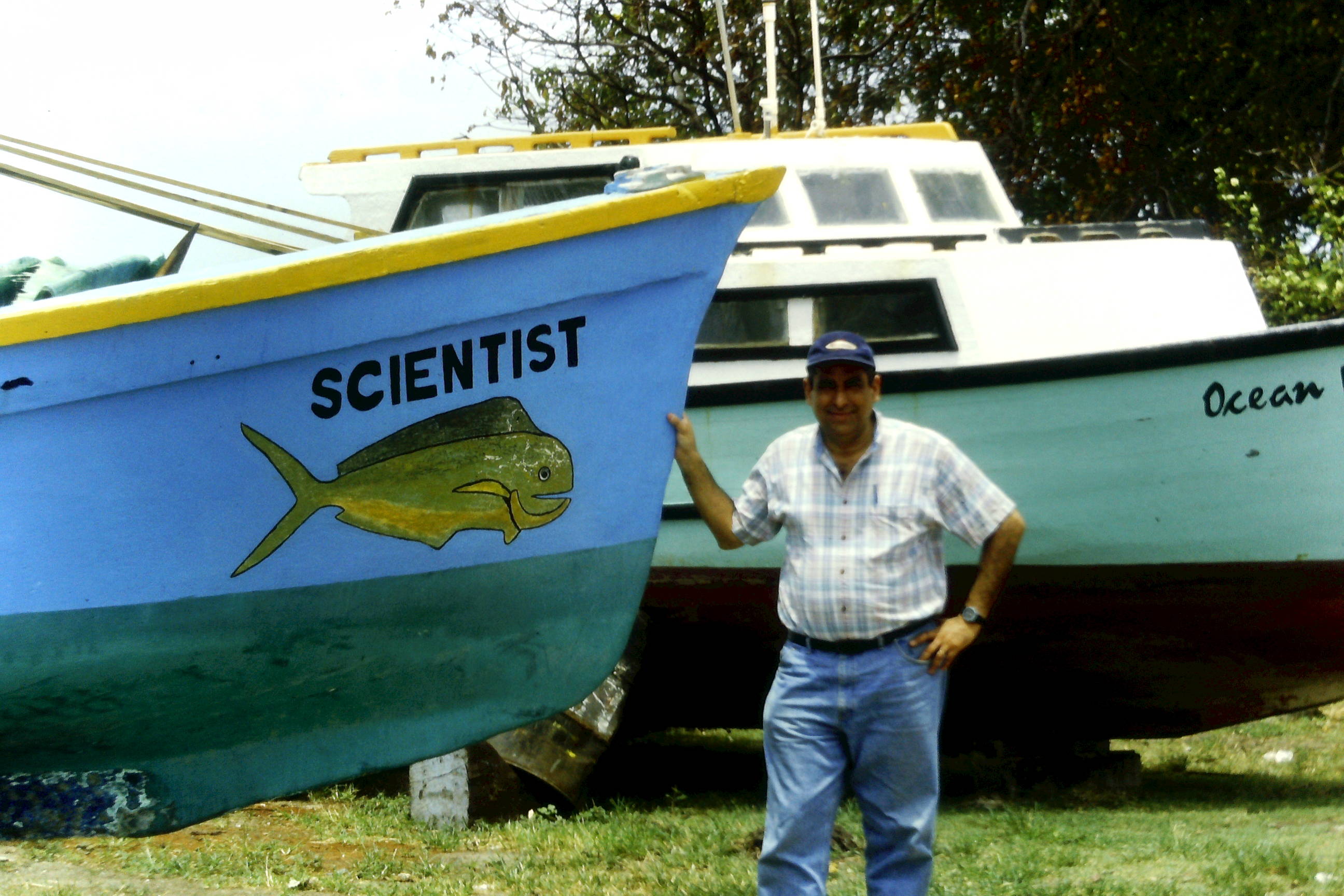Aldemaro Romero Jr. was born in Caracas, Venezuela on September 11th, 1951. He is the son of the famous Venezuelan composer and orchestra conductor Aldemaro Romero Sr. and Margot Romero (née Diaz).
At the age of four, his father saw him mimicking his conducting’s mannerisms while listening to records at home and prompted the young Romero to appear on live television shows conducting his father’s orchestra. This led to other television appearances, a cameo appearance in the movie “Papalepe,” and all that made him a celebrity in Venezuela, at a very early age.
Despite his childhood success, Romero never pursued music professionally although he played in rock and jazz bands as a teenager and young adult. He instead chose to follow a career in science after hearing about the launch of Sputnik in 1957. His decision to study biology was inspired by the Jacques-Yves Cousteau movie “The Silent World.”
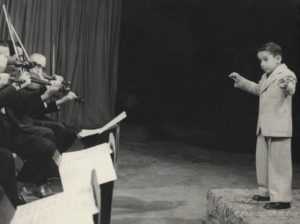
Aldemaro Romero Jr. obtained his bachelor’s degree in Biology from the Universitat de Barcelona in Spain, 1977. He paid his way through college working as a science writer for El Noticiero Universal newspaper in Barcelona, and as director, producer, and host in radio and television shows. He also produced short documentaries about science that were aired by the Spanish TV network Televisión Española. For this work he received the 1974 the Feijóo Prize, the Spanish Science Journalism Award, bestowed by the Spanish Association for the Advancement of Science.
While an undergraduate student in Biology at the Universitat de Barcelona, Romero volunteered at the Museum of Zoology (today Museum of Natural Sciences of Barcelona) where he created the Hydrobiology Section and led a group of other undergraduates to work on aquatic organisms. He also volunteered working at the Geological Museum of the Seminario Conciliar of Barcelona where he described several new species of Middle Triassic horseshoe crabs, fossil jellyfishes, and a very unusual set of fossils that he described as a new subphylum of animals never before reported called Paleocyphonautes.
After graduating with a bachelor’s degree in biology (zoology specialization) from the Universitat de Barcelona, Dr. Romero continued his work as a science writer in both Spain and Venezuela. In 1981, he began his career as a graduate student in the Department of Biology at the University of Miami, Coral Gables, Florida, where he worked on the evolutionary biology of cavefishes. He carried out both fieldwork in Costa Rica and Mexico and lab work at the University of Miami. He completed his Ph.D. in 1984 with each chapter of his dissertation on the evolution and behavior of cavefishes, being published as peer-reviewed papers.
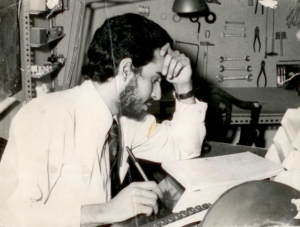
After graduating with a bachelor’s degree in biology (zoology specialization) from the Universitat de Barcelona, Dr. Romero continued his work as a science writer in both Spain and Venezuela. In 1981, he began his career as a graduate student in the Department of Biology at the University of Miami, Coral Gables, Florida, where he worked on the evolutionary biology of cavefishes. He carried out both fieldwork in Costa Rica and Mexico and lab work at the University of Miami. He completed his Ph.D. in 1984 with each chapter of his dissertation on the evolution and behavior of cavefishes, being published as peer-reviewed papers.
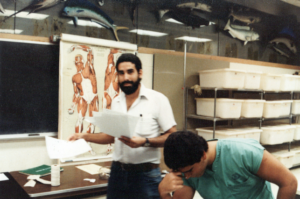
Between 1985 and 1986, Dr. Romero worked as the Venezuelan Program Director of The Nature Conservancy in Washington, D.C. and in 1986 founded BIOMA, The Venezuelan Foundation for the Conservation of Biodiversity with headquarters in Caracas, Venezuela. As the Executive Director and CEO of that organization he developed a number of land-conservation programs, biodiversity databases, fundraising activities, and outreach programs while writing extensively on environmental issues, including a textbook on environmental sciences which he co-authored with his wife, Ana.
In 2016 he became Dean of the Weissman School of Arts and Sciences and Professor of Biology at Baruch College-City University of New York.
He has played an active role in fostering the need for promoting the value of a liberal arts and sciences education through the Council of the Colleges of Arts and Sciences (CCAS) for which he has been the Chair of the Committee on Liberal Arts Institutions and is currently Chair of the Committee on Cultural Diversity. He is also an active participant of the International Council of the Fine Arts Deans (ICFAD) for which he has been the Chair of the Diversity and Inclusion Committee (2016-2017) and currently serves as a member of the Board of Directors.
